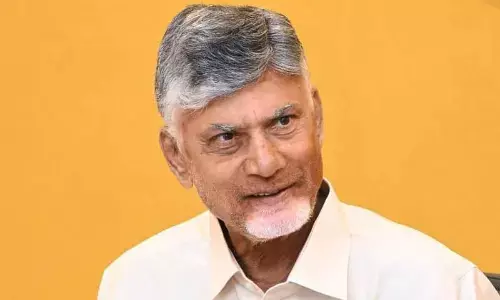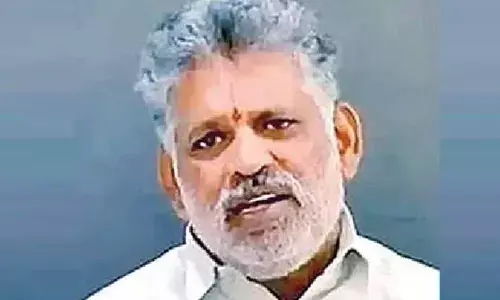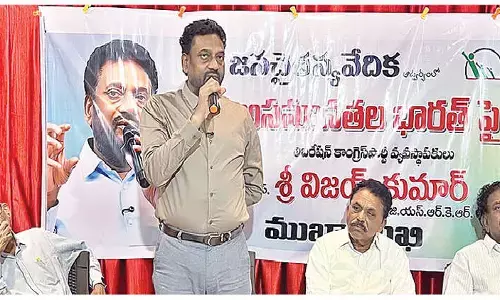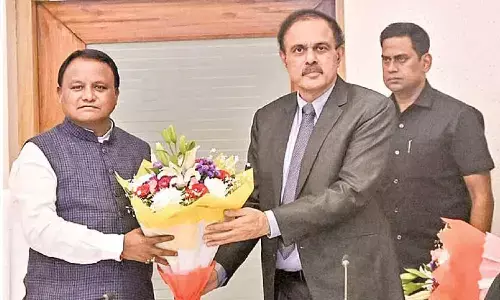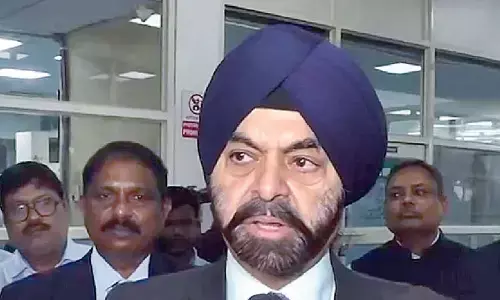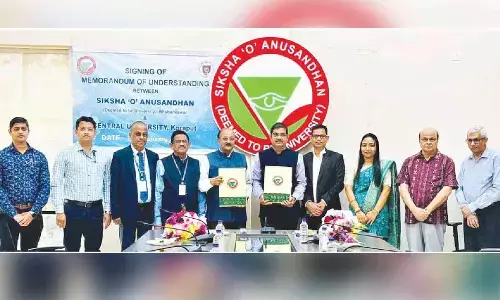India is walking tightrope with Sri Lanka
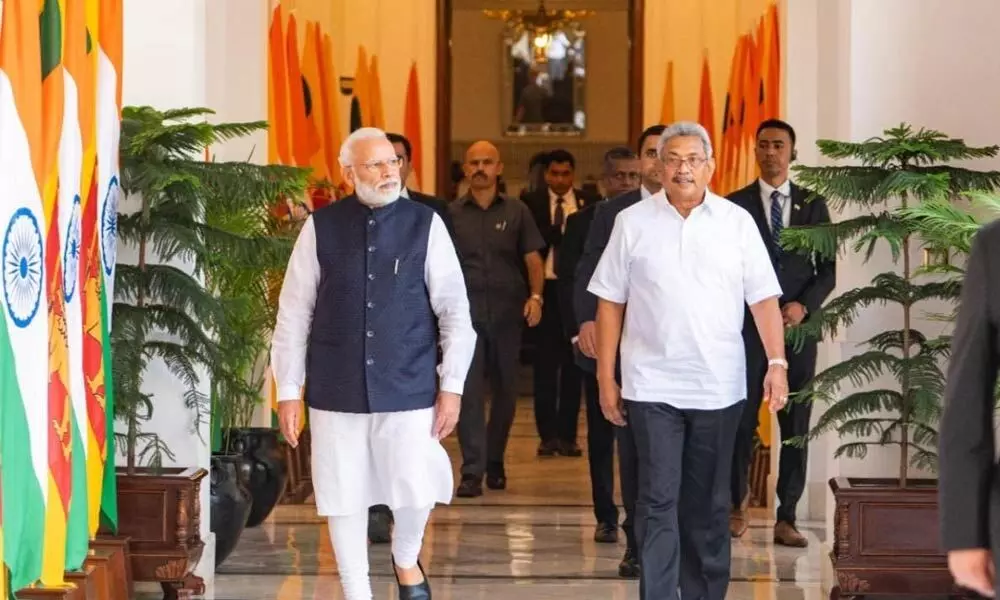
India is walking tightrope with Sri Lanka
India treaded on a cautious path striking a balance in its explanation of vote statement when the UN Human Rights Council (HRC) in Geneva adopted a resolution titled ‘Promotion of Reconciliation Accountability and Human Rights in Sri Lanka’ against the country’s human rights record. During the voting, 22 out of 47 countries backed the resolution and 11 opposed it with 14 countries including India abstained
India treaded on a cautious path striking a balance in its explanation of vote statement when the UN Human Rights Council (HRC) in Geneva adopted a resolution titled 'Promotion of Reconciliation Accountability and Human Rights in Sri Lanka' against the country's human rights record. During the voting, 22 out of 47 countries backed the resolution and 11 opposed it with 14 countries including India abstained.
While India asserted its support to both the Tamils of Sri Lanka for equality, justice, dignity and peace, India also ensured the unity, stability and territorial integrity of Sri Lanka. Sri Lanka is our neighboring country and there are a lot of similarities between these two nations especially millions of Tamils inhabiting the country bear testimony to our rich culture and ethos.
But a costly tactical blunder on India's part committed in 1987, which is still believed to be India's diplomatic hara-kiri, when the then Prime Minister Rajiv Gandhi decided to send Indian Peace Keeping Force (IPKF) to kill our own brothers and sisters though India gained nothing from such a decision. However, at the same time, the dreaded outfit -Liberation Tigers of Tamil Eelam's (LTTE) modus operandi was totally unacceptable as it engaged in crass violence and bloodshed throughout its existence in Sri Lanka.
The massive military operation by the Sri Lankan army against the LTTE put an end to the Tamil separatist conflict in 2009. The end of the civil war was a moment to celebrate for most Sri Lankans, but questions as to the disappearance of thousands of people still remained unanswered. Fingers point to Sri Lankan President, Rajapaksa's role in the disappearance of thousands of people.
The IPKF was formed under the mandate of the 1987 Indo-Sri Lankan Accord that aimed to put an end to the Sri Lankan Civil War between Sri Lankan Tamil nationalists and the Sri Lankan military. The IPKF's operation was laudable, and with its combing operations, the Tamil militants were almost cordoned off and were disarmed and the IPKF withdrew from Sri Lanka in 1989 after its mission was completed.
For India, this neighbouring nation is so important, but under the presidency of Rajapaksa, Sri Lanka is rather well disposed towards China than to India, which makes India more cautious. To counter this strategically, India must establish better ties with this nation so that both countries can feel united more by strategic and military ties. Sri Lanka is our neighbor with a lot of similarities in culture and religious practices.
So, Sri Lanka must always remain on our side and we should always be on good terms with them. But China is another big nation looking for an opportunity to establish a strong tie with this nation. India should not let China access Sri Lanka too much. It is a proven fact that if they are given an inch, they will take away a mile. So, India should be cautious about dealing with this international issue.










